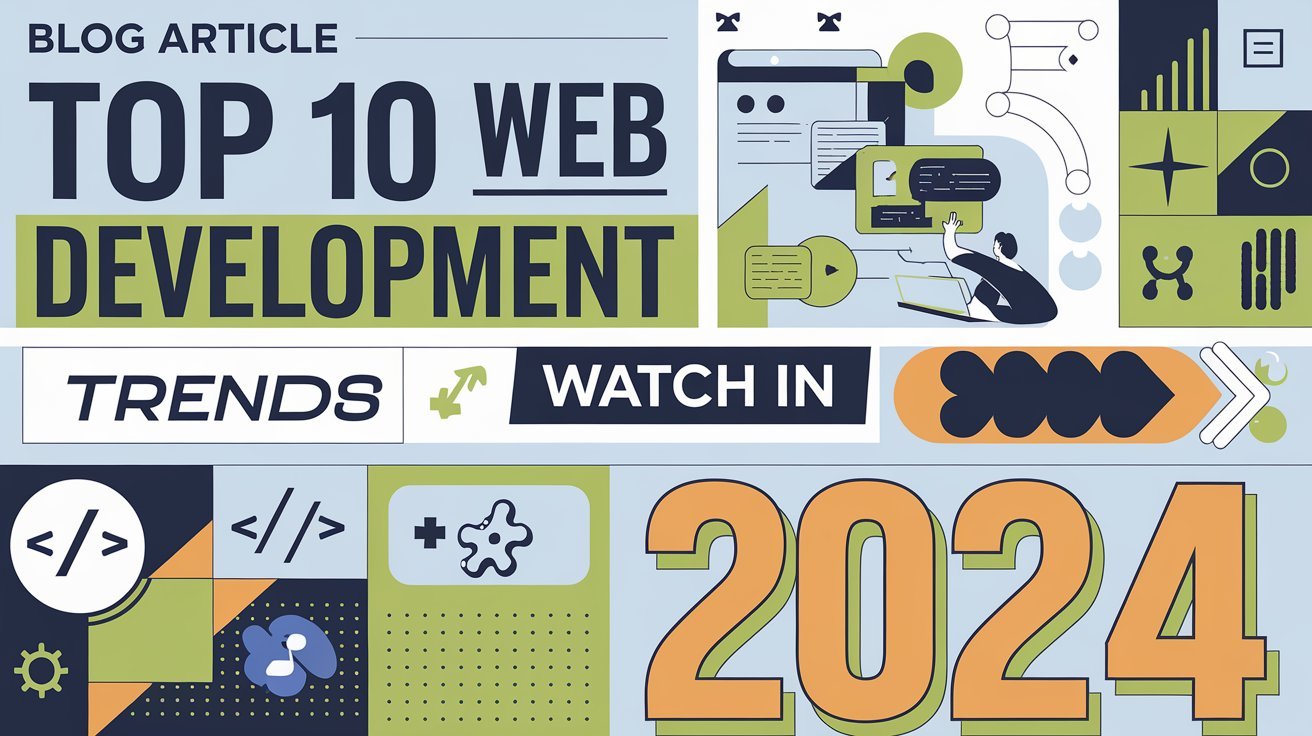As I embarked on my journey to land a job at a FAANG company, I found myself asking, “Is Grind 75 enough for FAANG?” With countless resources available, I wanted to determine if this curated list of coding problems would truly prepare me for the intense interview process.
Join me as I share my experiences and insights on this vital question and explore the Grind 75 vs Blind 75 debate!
Table of Contents
Introduction: My Journey Begins
When I first decided to break into the tech industry, the looming question for me was: Is Grind 75 enough for FAANG? With the fierce competition and high expectations, I knew I had to prepare rigorously.
In this article, I’m sharing my journey, insights, and experiences to help you navigate your way through your FAANG interview prep. Trust me; it’s going to be a ride! 🎢
Why Grind 75?
If you’re wondering about Grind 75 vs Blind 75, let’s clarify that right off the bat.
Grind 75 is a curated list of 75 coding problems that cover essential algorithms and data structures.
The list is a great starting point for tackling FAANG interviews, but is it enough? I’ll dive into my thoughts soon.
But first, let’s talk about why I chose Grind 75. I stumbled upon it during my preparation phase and found it to be a more focused approach than Blind 75.
While Blind 75 is comprehensive, I felt that Grind 75’s targeted problem sets helped me understand the nuances of different algorithms without getting overwhelmed.
Grind 75 vs Blind 75: Which One Should You Choose?
When it comes to Grind 75 vs Blind 75, the choice boils down to your individual preparation style and needs. Here’s what I discovered:
1. Focus vs. Variety
- Grind 75: Offers a narrower focus, which is excellent if you prefer diving deep into a limited set of problems. I found it helped me master fundamental concepts before moving to more complex problems.
- Blind 75: Covers a wider range of topics, which can be beneficial for those who want a comprehensive review. However, I felt it could be overwhelming at times.
2. Time Management
- If you’re short on time, Grind 75 is your best bet. I found that I could complete the set within a few weeks while balancing my other commitments. It helped me prioritize my learning.
3. Depth of Understanding
- While Blind 75 is a solid choice, I felt that Grind 75 made me comfortable with each concept, allowing me to explain my thought process better during interviews.
In the end, I realized that both lists are valuable. What matters most is how you approach your practice. Don’t just solve problems—understand the why behind them.
The Importance of Practice: My Personal Experience
I can’t emphasize enough how crucial practice is when preparing for FAANG interviews.
Initially, I thought I could just memorize solutions and algorithms. Boy, was I wrong!
Here’s what I learned:
- Hands-On Experience: I started solving problems on platforms like LeetCode and HackerRank. I tackled one problem each day from the Grind 75 list, and I gradually increased my complexity.
- Mock Interviews: After completing the problems, I took part in mock interviews with friends. This not only tested my knowledge but also helped me gain confidence in explaining my thought process.
- Understanding Mistakes: Each time I got a problem wrong, I would spend extra time understanding the solution. I realized that the learning process is often more valuable than just solving the problem correctly.
How I Prepared for My FAANG Interviews
I won’t lie—FAANG interviews can be nerve-wracking. But here’s how I prepped myself to face them head-on:
- Set a Schedule: I blocked out time each day to focus solely on coding practice. Consistency was key for me.
- Diversify Problems: While I started with Grind 75, I later incorporated problems from Blind 75. I wanted to ensure I had a broad skill set.
- System Design Practice: I focused on system design interviews as well. I read resources like “System Design Interview” by Alex Xu and practiced designing various systems. This gave me a comprehensive perspective on software architecture.
- Interview Insights: I read blogs and watched YouTube videos of people sharing their interview experiences. Hearing their stories and tips made me feel less isolated in my journey.
Insights from FAANG Interviewers
I had the opportunity to connect with a few FAANG interviewers through networking events. Their insights were invaluable:
- Problem-Solving Skills Matter: They emphasized that they look for candidates who can demonstrate their thought process, even if they struggle with the solution initially. It’s about how you approach problems.
- Cultural Fit: Soft skills and cultural fit are crucial. Be yourself and express your passion for technology. They want to see the real you!
- Continuous Learning: Many shared that they valued candidates who show a growth mindset. Talk about projects or challenges you faced and how you overcame them.
These insights reassured me that while technical skills are essential, personality and attitude matter just as much.
Conclusion: Is Grind 75 Enough?
So, is Grind 75 enough for FAANG? Here’s my honest answer: It depends.
If you’re focused, disciplined, and genuinely engage with the material, Grind 75 can set you up for success.
However, it’s essential to supplement your learning with other resources and practice diverse problems.
Remember, the goal isn’t just to pass interviews—it’s to become a better problem solver. Embrace the journey, stay curious, and trust the process! You’ve got this! 🚀
Check out my other articles below.





